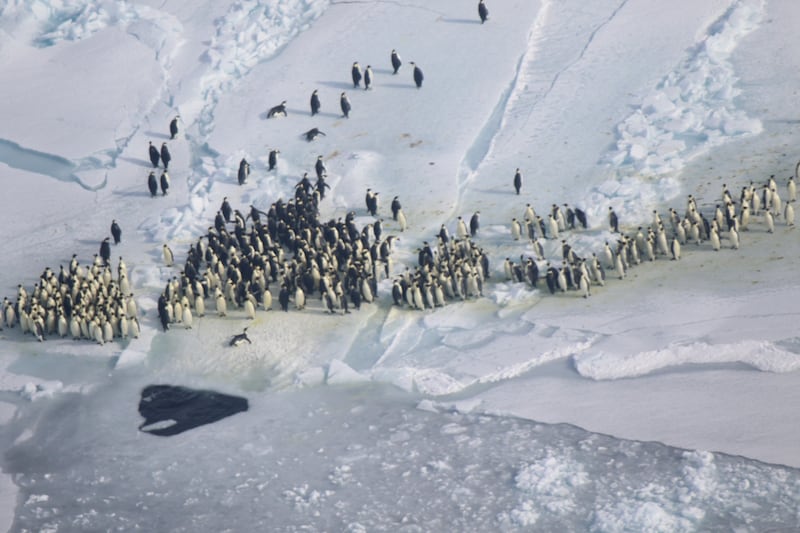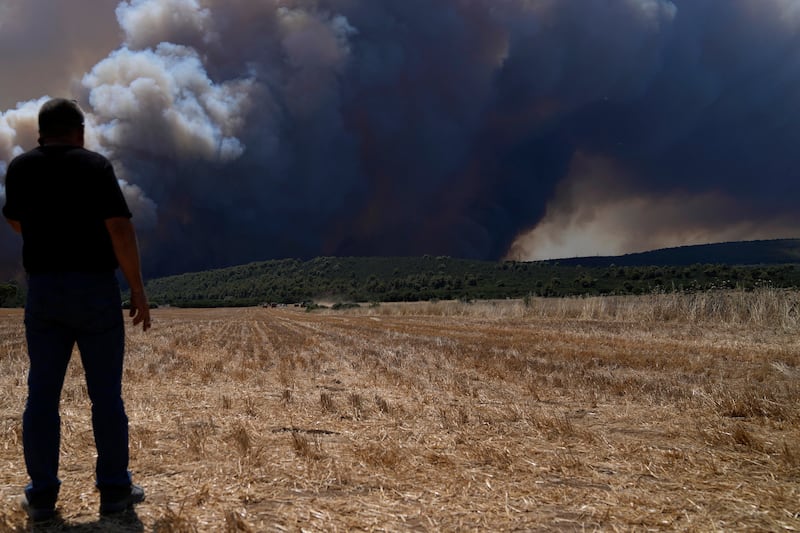A cameraman who worked on Sir David Attenborough’s documentaries including Blue Planet has said people have “lost” connection with the natural world.
Doug Allan was made an OBE by the Princess Royal at Windsor Castle on Tuesday for services to broadcast media and environmental awareness.
Following the ceremony, Mr Allan, who has worked on BBC documentaries including Planet Earth, Life, Human Planet and Frozen Planet, said it was “wonderful” to have been nominated for his award.
Regarding his conservation work, the Bafta-winning cameraman said: “I promote environmental awareness because I think we have lost that connection with the natural world, and if we could get that back, many of the problems that we have would be solved quicker.
“I just don’t think we think about it enough.
“We don’t realise that there’s so much we take for granted – it’s the air we breathe, the water that comes out of the pipes and the richness is in the natural world.”
He continued: “Most people live in cities, they do jobs et cetera, and they don’t feel part of the natural world.

“If they did feel that connection, and get the chance to connect with it, and that starts in primary school, then I think you would appreciate it more, you would feel more responsible for it and, at the very least, you would stop dropping litter.”
When asked how impactful he thought environmental documentaries were in driving forward climate change action, the cameraman said: “We still haven’t really moved the needle.
“Scientists and environmentalists have been talking for 40 years about what we should be doing about fossil fuels and renewable energy, and so far the pace of change is glacially slow.”
Since he began working in the Antarctic in 1976, Mr Allan said he had witnessed first-hand the impacts of climate change and rising temperatures.
“I’ve seen every year, with photographs, how the ice cover has just disappeared,” he said.
“I’ve seen how the ice is freezing later after the summer, because the summers are warmer, and then breaking up earlier in the spring because the winders are milder.”
When asked about how this made him feel, he said: “You’re just more determined to try and influence people who can make a change, and whether that’s all the way from the youngsters up to talking to an investment house about where they should be putting people’s money.”
Mr Allan added that he hoped the new Government would “do more” regarding phasing out fossil fuels and supporting further development of renewable energy infrastructure.








